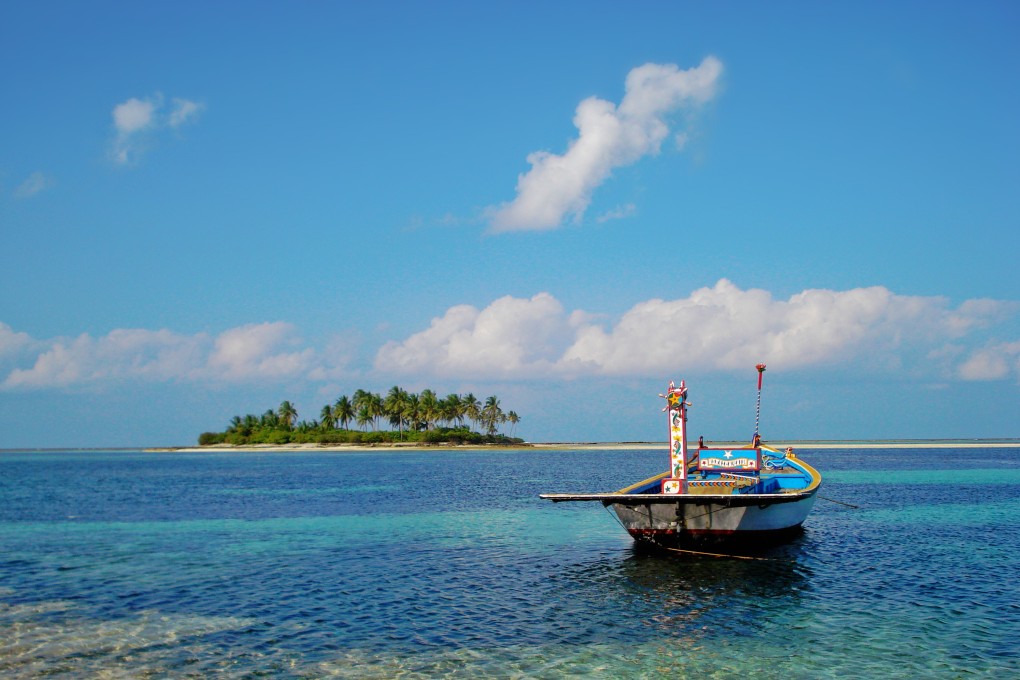Advertisement
India needs tiny Lakshadweep to counter China. So why alienate it?
- The Indian Ocean archipelago is tiny yet strategically important for New Delhi to project power into an arena where it fears Chinese encroachment
- But its plans for developing Maldives-style tourism, which include a ban on beef and the sale of alcohol, have not impressed the mostly Muslim locals
Reading Time:4 minutes
Why you can trust SCMP
6

If India wants to win friends and influence people to counter China in the Indian Ocean, then why is it antagonising the people of Lakshadweep?
That is the question the government’s critics are asking.
The archipelago of 36 tiny but strategically important and ecologically sensitive islands is hardly ever in the news. Of all the parts of India that New Delhi has to administer, the archipelago, located about 300km from Kerala on the southwestern coast of the Indian mainland, is the smallest unit of all.
Advertisement
It is not even a state but a union territory, meaning it is directly ruled from New Delhi.
Outsiders here are restricted. Tourism remains very low key, even on the 10 inhabited islands.
Advertisement
Yet it has been in the headlines because the ruling party in India, the Bharatiya Janata Party (BJP), appointed Praful Khoda Patel, a close aid of Prime Minister Narendra Modi, as administrator last December. Patel has proposed controversial measures which critics say have a whiff of the BJP’s Hindu nationalism agenda about them.
Advertisement
Select Voice
Choose your listening speed
Get through articles 2x faster
1.25x
250 WPM
Slow
Average
Fast
1.25x